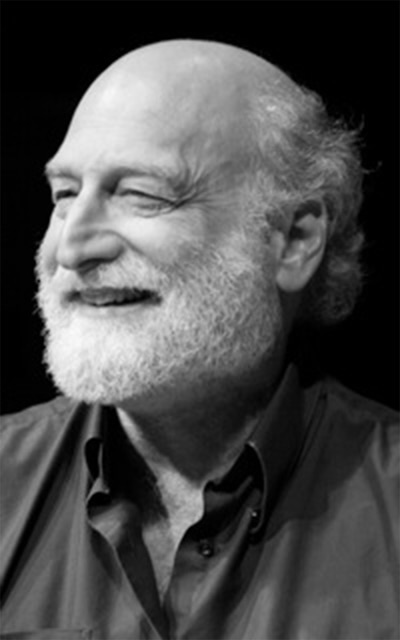The Center for Psychological Humanities & Ethics promotes conversation between the psychological sciences and humanities to advance our understanding of the enduring ethical questions at the heart of human existence. Our work is organized into the following tributaries, each of which reflects an essential aspect of the human condition.
Upcoming Offerings

Dan P. McAdams
Thursday, March 12th, 6:00 - 7:30 p.m. EST

Amy Boesky
Monday, April 13th, 2:00 - 5:00 p.m. EST

John J. Lennon and Megan Posco
Thursday, April 16th, 6:00 - 7:30 p.m. EST

Rachel Aviv
Wednesday, April 22nd, 5:00 - 6:30 p.m. EST

Apply now to the
2026 Attention and Flourishing Conference
Date: Thursday, June 11 - Saturday, June 13, 2026
Location: University of Navarra, Pamplona, Spain
Deadline for applications: February 23rd, 2026
Honoring Philip Cushman
Philip Cushman, a moral and political luminary in the field of psychology, died on August 22, 2022, the victim of a hit-and-run accident.
A beloved teacher, scholar, and clinician, Phil is remembered for his rich analysis of how the self has been conceptualized in the field of psychology, along with his historical and critical exploration of the moral and political horizons of psychotherapy.
With the establishment of this endowed Fund, created to honor Phil and foster his moral imagination for the field of psychology, we will continue this critically important work for generations to come.

“ The argument over the question of whether or not psychology is or is not a philosophical science is, for psychology, a struggle for its very existence. ”


.jpg)



